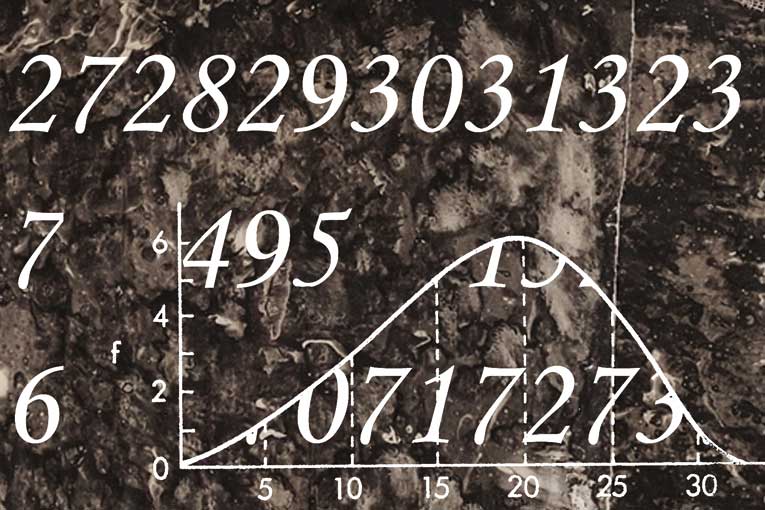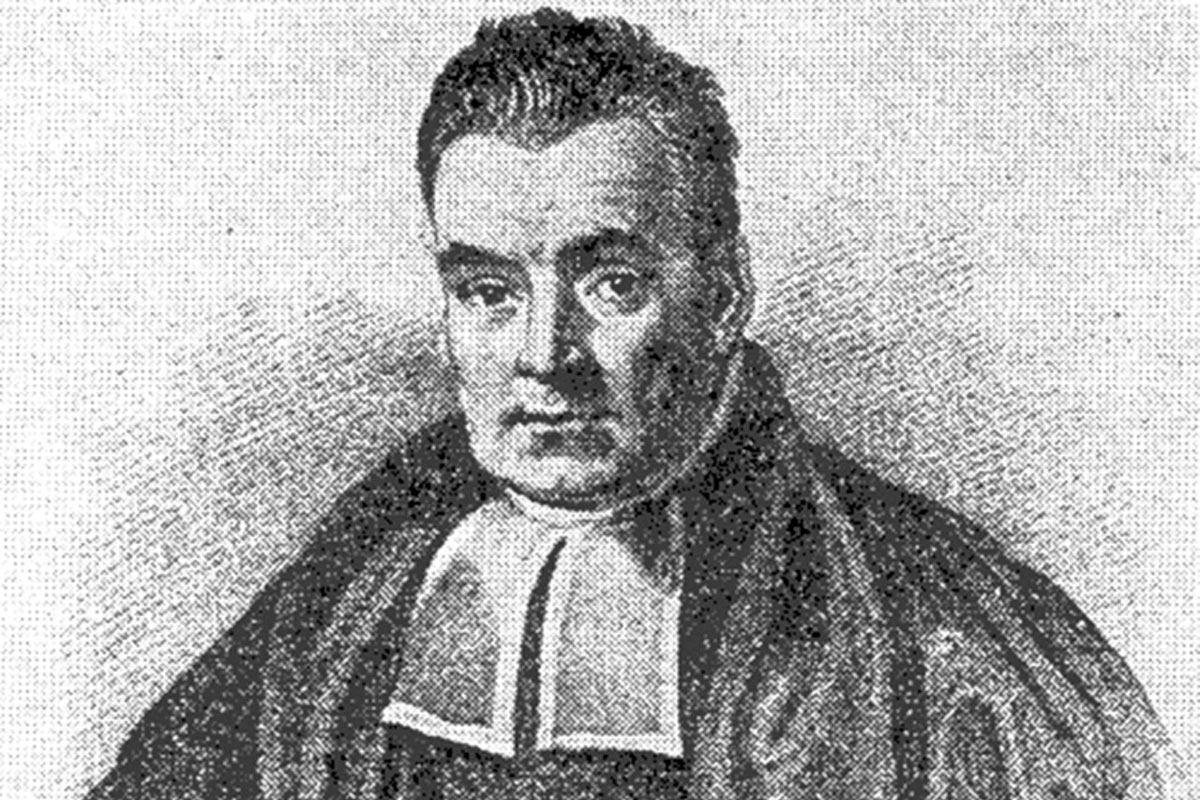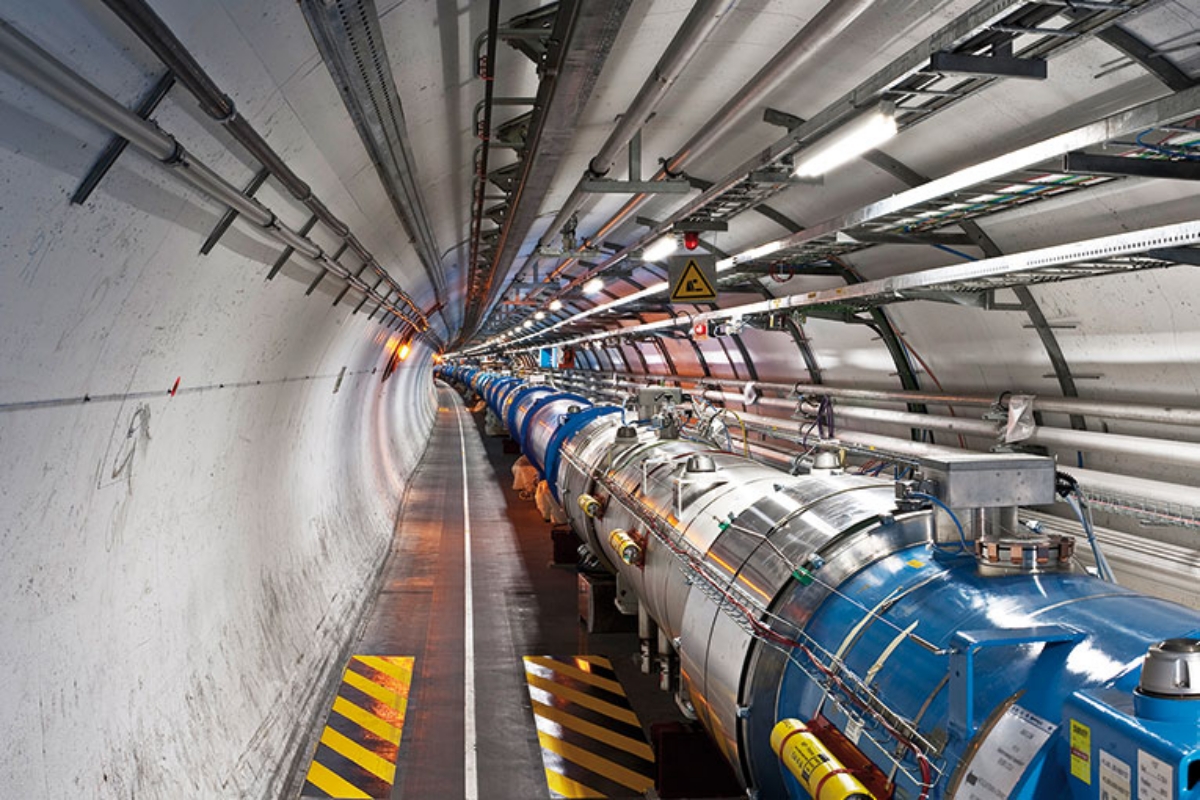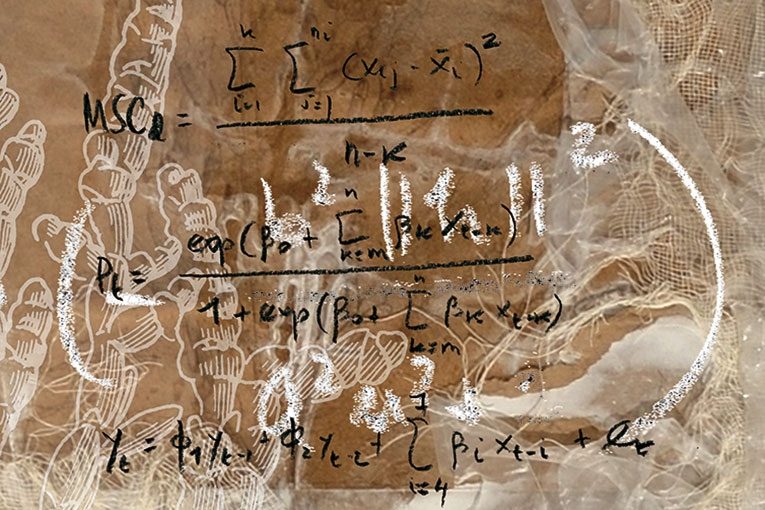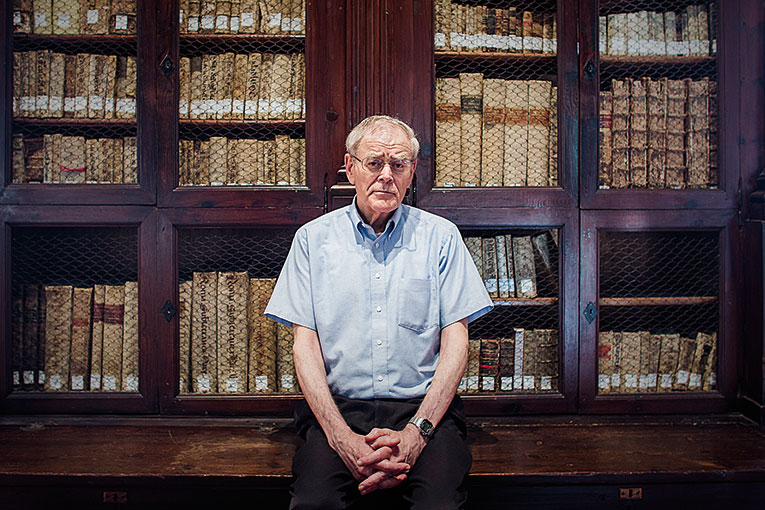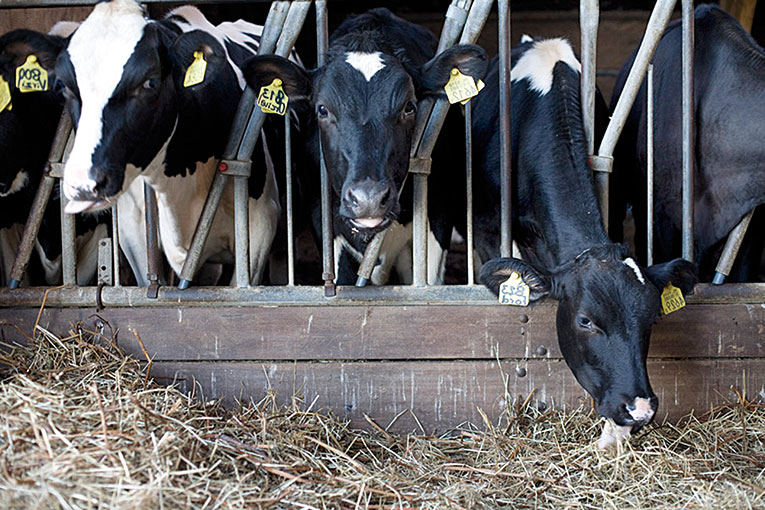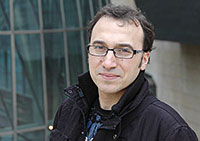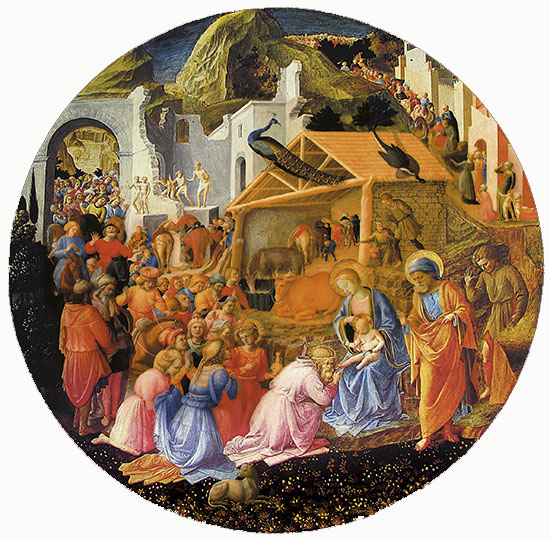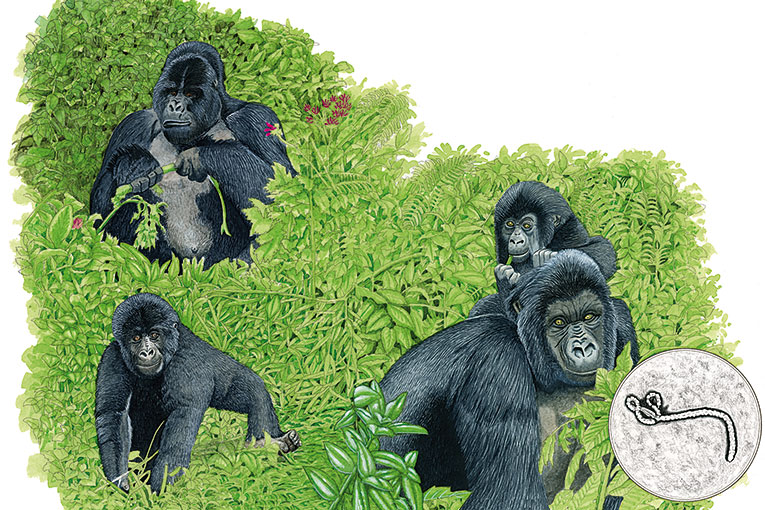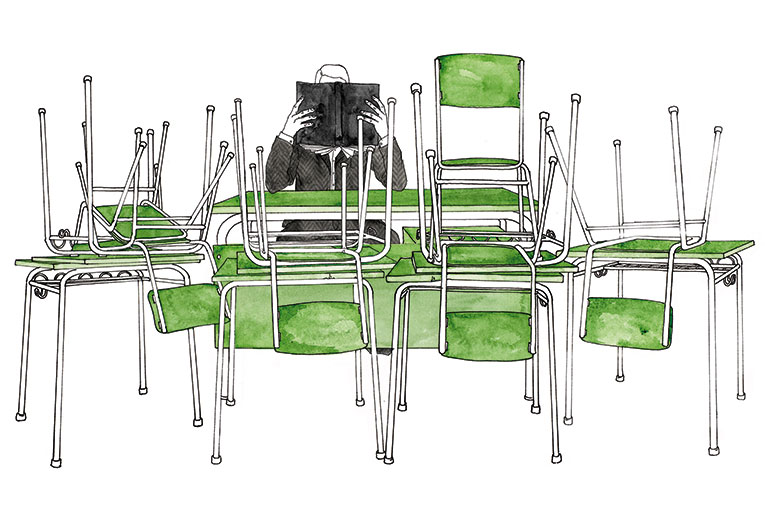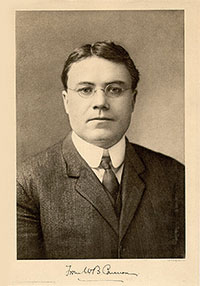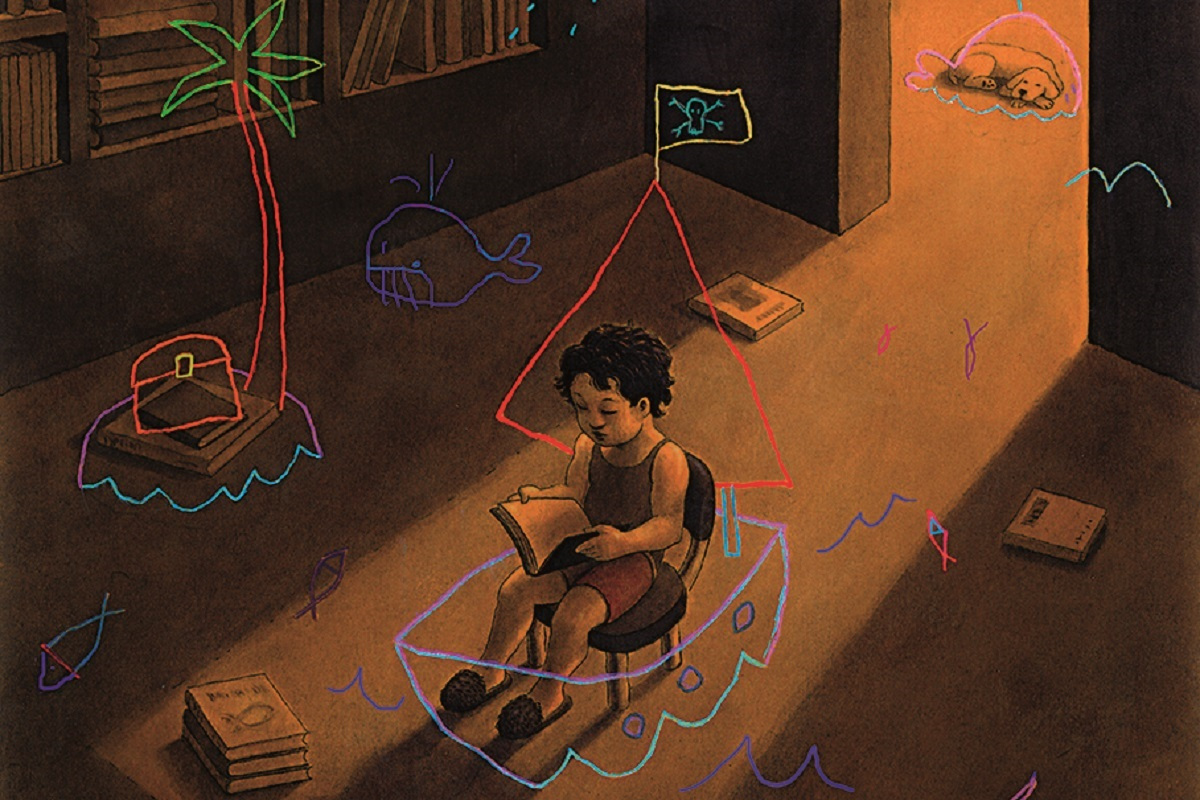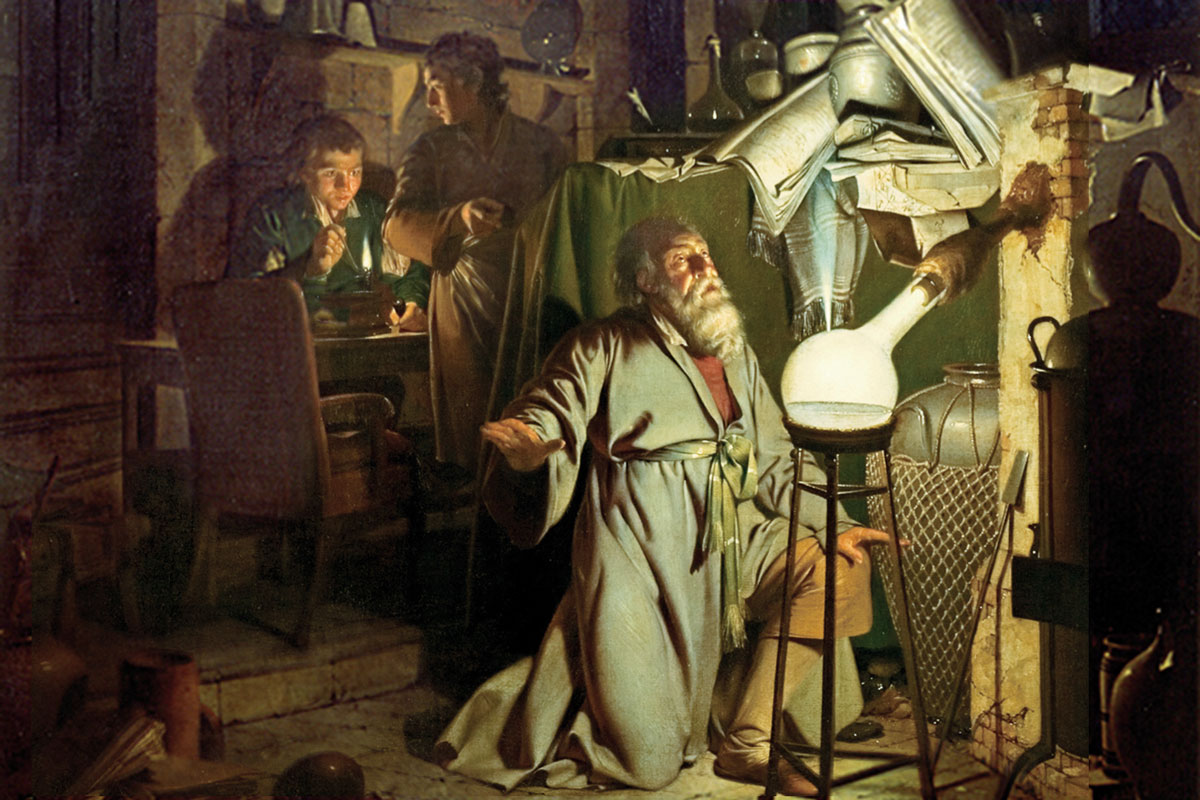Search
«Cancer will never be eradicated, because it is inherent to human beings.» Statements like this one by Mariano Barbacid (Madrid, 1949) will come as a blow for many. But that does not
Leonard Parker is Emeritus Distinguished Professor at the University of Wisconsin-Milwaukee. He was the founder of a gravitational research center at his university. The center now has his name: Leonard
A long time has passed since 1683, when the Dutch naturalist Anton van Leeuwenhoek observed spermatozoa for the first time using a homemade microscope. He called them «animalcules». Science progressively
In 2012, the Royal Statistical Society issued the following question to the members of the British Parliament, probably regarding the International Year of Statistics (2013): «If you toss a coin twice,
Fra Angelico, Adoration of the Magi, ca. 1451-1453. Washington, National Gallery of Art. This article talks about some of the symbolic icons of renaissance painting and in particular the ones representing
Text ot yet available in this language.
Text not yet avialable in this language.
Microbes are a constant source of surprise. Their «invisibility» does nothing but increase our puzzlement when a microorganism, or its activity, become evident for the first time. Although microbes are
The sun of a crisp spring morning gently casts its warmth over the immaculate green of a remote North American prairie. Hidden in the tall grass, a male funnel-web spider
The generation of scientists and physicians who lived during the interwar years (1914-1945) were specially involved in the military and political events that shaped the history of the twentieth century.
The World Wide Web does not increase polymathy instrumentally. The Internet rather discourages it. Actually, the Internet generation and the library generation have more than a generational conflict. They stage a cultural rupture.
Industrial robots and androids in science fiction were worlds apart until recently, but now begin to merge with the rapid development of social robotics. Given the growing need for labour

